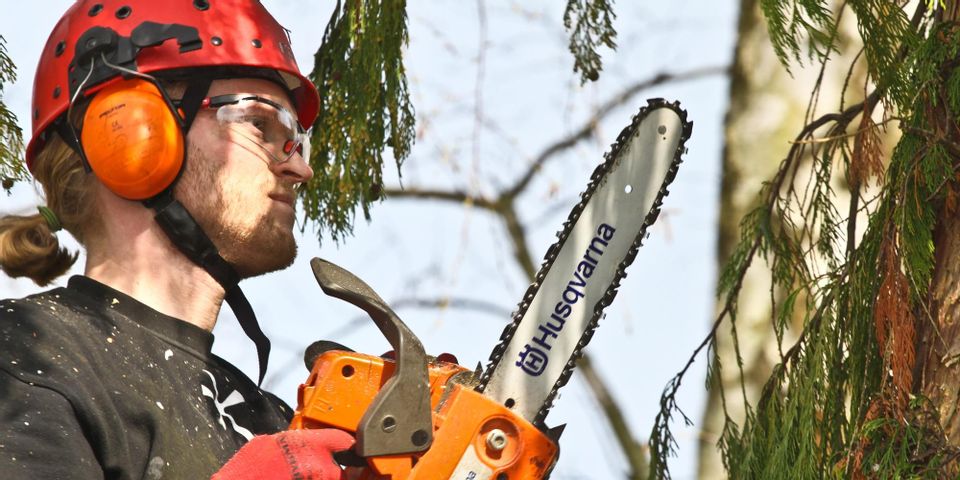
Loggers have one of the highest fatal injury rates of any industry in the world. It is crucial that those who work in this field understand how to protect themselves while on the job and how to use all logging supplies and equipment properly. To meet these goals, below are some do’s and don'ts of logging safety.
Do:
Complete training.
Whether you do so independently or through your employer, attend any relevant training classes, take notes, and ask questions on any issues that require clarification. You should receive comprehensive training on the logging supplies, tools, and equipment you will be working with in addition to the practices and procedures of a safe and productive job site.
Stay current on safety protocol.
Safety should be your utmost concern when on the job. Your employer, the logging industry, and the government are constantly looking for ways to make your job safer. Stay on top of all changes to safety protocol by checking in regularly with supervisors, and always follow the standards laid out by authorities.
Build trust with your logging partner.
 Trust is vital when working in such a dangerous job. You should feel just as confident in your logging partner's abilities as you are in their own. Choose to work with someone where that trust is already there. If that isn't possible, build trust by getting to know them, showing up to work on time, establishing a routine, and following through on all tasks.
Trust is vital when working in such a dangerous job. You should feel just as confident in your logging partner's abilities as you are in their own. Choose to work with someone where that trust is already there. If that isn't possible, build trust by getting to know them, showing up to work on time, establishing a routine, and following through on all tasks.
Don't:
Skip PPE.
Personal protective equipment is there for one purpose: to safeguard you from injury. Use it. Some typical PPE items to include in your workday wardrobe include hard hats; eye, ear, and foot protection; and brightly colored clothing. Wear all PPE as dictated by OSHA and your employer.
Use dull, old, or ineffective equipment.
Logging supplies and equipment should be in good working order. If a tool you are using is no longer effective at carrying out its intended purpose, it poses a safety risk as well as possible production errors. When you need equipment replacement, let a supervisor know as soon as possible.
Take unnecessary risks.
It could be argued that logging comes with many inherent risks, so be mindful that you don't take any unnecessary ones. This is where the trust you have with your partner will come in handy. The two of you can check on each other and work together to make the job site safe and supportive.
In addition to job site safety, upgrade your logging supplies frequently to avoid using dull or ineffective tools that could lead to injuries. When you need new logging supplies, trust Wholesale Auto Parts. They provide industrial customers in the Rowan County, KY, area with logging and welding supplies, auto parts, oils, and petroleum. To learn more, contact them today by calling (606) 784-4147, visiting their website, or messaging them on Facebook.
About the Business
Have a question? Ask the experts!
Send your question

